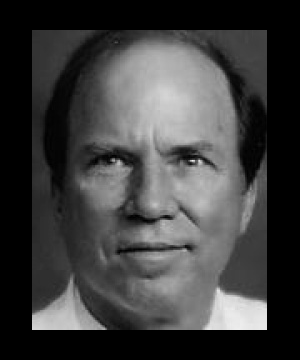
Woodhall “Sandy” Stopford, M.D., MSPH, assistant professor of family medicine and community health, passed away on March 23 at the age of 77. Stopford was a faculty member in the Department of Family Medicine and Community Health for 46 years, most recently serving as senior consultant emeritus to the Duke Toxicology Program, which he founded. He was director of the program from 1989 to 2013 and was a founding father of the department's Division of Occupational and Environmental Medicine.
Stopford graduated from Harvard Medical School in 1969 and completed his Master of Science in Public Health at The University of North Carolina at Chapel Hill in 1980.
In his time with the Duke Toxicology Program, Stopford played a critical role in making consumer and commercial products safer. Much of his work was focused on developing safer art, craft and creative materials, such as crayons, markers, pencils and paints. Stopford cited the removal of arsenic from paints in the 1980s as one of his most significant career accomplishments.
As an educator, Stopford established the Preventive Occupational Medicine Residency program and served as its director for 17 years. The program trained many leaders in the field who now serve in leadership positions in academia, public health agencies, hospital occupational and employee health, and as corporate medical directors and consultants.
As a clinician for many years, Stopford evaluated and treated employees who suffered work-related injury and toxic exposures, specializing in clinical toxicology, especially exposure due to heavy metals. In a public health role, Stopford served as a member of the North Carolina Secretary’s Science Advisory Board since 1986, tasked with advising state officials on the risks of air and water contaminants to human health and the environment.
Stopford’s research interests included the development of assays for environmental and industrial exposures to mercury; clinical treatment of mercury intoxication; and the development of exposure parameters for respirable quartz and other respirable aerosols. He was also involved with numerous research studies examining the use of pepper spray and its associated health hazards.
"Dr. Stopford will be remembered for the impact he had on a generation of learners, including medical students, residents and faculty," said Dennis Darcey, M.D., MSPH, division chief of occupational and environmental medicine. "He was such a fixture in our division for so many years. He was always the smartest in the room, and his encyclopedic knowledge of chemical toxicity always left us speechless."